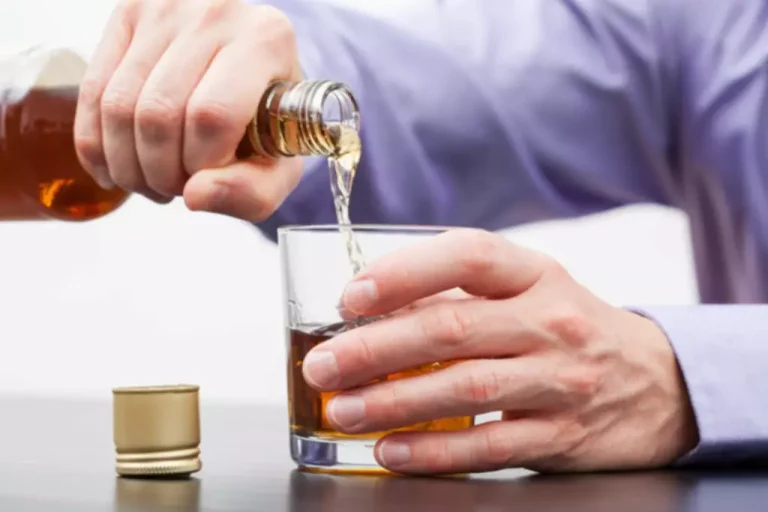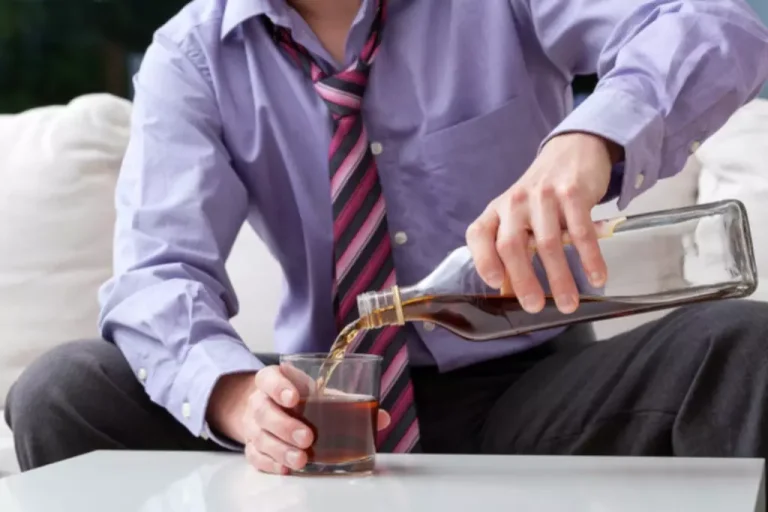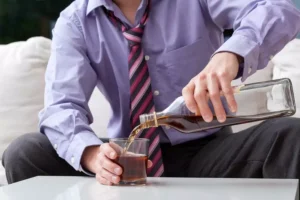
This is a fantastic bedtime treat that will help you to drift off into a peaceful slumber. Kava tea is known to be an effective, natural, and short-term sleep remedy for people who suffer from anxiety and insomnia. This is because it contains kavalactones, compounds that can promote relaxation and reduce anxiety. People often turn to alcohol when they struggle to fall asleep. While this may work for a short time, typically, more alcohol is needed to accomplish this over time.
Sign up for the Live Science daily newsletter now
If you’re struggling to get enough quality rest, talk to a health care professional about ways to improve your sleep. Making a plan to focus on better sleep habits can help you feel your best and improve your overall health. If left untreated, chronic sleep apnea can drastically impact your quality of life and lead to serious health concerns, such as weight gain and obesity, hypertension, stroke, memory impairment and heart failure.
Alcohol and Other Health Risks

Whether you’ve had a long day at work or watching the sunset on a lazy Sunday, you deserve a quality nightcap. A 2024 review concluded that chamomile did improve sleep, especially the number of awakenings after sleep or staying asleep. Drinking chamomile tea did not result in an improvement in the duration of sleep, percentage of sleep efficiency, or daytime functioning.

Can Alcohol Cause Insomnia?
One small study of adults over 50 looked at tart cherry juice as a treatment for insomnia. Participants who drank 8 ounces of tart cherry juice twice daily for two weeks gained an additional 84 minutes of sleep compared to study subjects who consumed a placebo drink. Drinking a warm beverage every night can cue your body and mind that it’s almost bedtime.
Circadian Rhythm Fasting
Black and green teas both contain caffeine and are diuretics, so they don’t make the best bedtime beverages for the same reasons as coffee, says Avidan. “I would avoid them within four to six hours of bedtime, since even a little bit of caffeine has been shown to be detrimental to sleep patterns and potentially make falling asleep more difficult,” says Hunnes. For these individuals, he suggests stopping drinking any beverages (aside from a sip or two of water to quench thirst) three to four hours before bedtime.
“Many people find that while it initially seems difficult to break the habit of using alcohol to induce sleep, they soon adjust and experience better sleep and energy overall,” she continues. That said, as we age, our body’s capacity to retain hydration diminishes, as does the ability to recall feelings of thirst. As such, staying on top of one’s hydration levels becomes all the more important. And adequate hydration doesn’t only play a critical role in terms of sleep. It also helps regulate just about every bodily function and is a key factor in boosting longevity. As such, Dr. Troxel emphasizes the importance of staying well-hydrated and not just before bedtime.
The more you drink, and the closer your drinking is to bedtime, the more it will negatively impact your sleep. Even moderate amounts of alcohol in your system at bedtime alters sleep architecture—the natural flow of sleep through different stages. It also leads to lighter, more restless sleep as the night wears on, diminished sleep quality, and next-day fatigue. But the more someone drinks, the more significant the impact, said Meadows, pointing to a 2018 study in the journal JMIR Mental Health. Breathing problems — Since alcohol’s sedative effect extends to your entire body, including your muscles, it may allow your airway to close more easily while you’re asleep. This can greatly increase the risk of sleep apnea especially if you drink within the last couple of hours before bedtime.
- Though alcohol can increase drowsiness and reduce the time it takes to fall asleep, it can ultimately reduce sleep quality and change sleep patterns.
- Try dimming the lights, turning off electronic devices, and relaxing by reading or taking a warm bath.
- It’s possible for new growths to appear in places you may not ordinarily see, such as your scalp or the back of your neck, which a medical professional can assess for you.
- Just like green tea, cherry juice contains theanine, an amino acid known for its sleep-inducing properties.
- This can greatly increase the risk of sleep apnea especially if you drink within the last couple of hours before bedtime.
- Without alcohol, you’re likely to experience more restful sleep and find it easier to fall asleep and wake up feeling refreshed.
- That’s because as alcohol starts to metabolize, the sedative effect wears off.
So, does alcohol help you sleep or is it actually interfering with your quality of rest? Read on to find out how alcohol can affect your sleep, and why—as well as insight into the health benefits of getting enough shut-eye. Circadian rhythms affect how the body responds to alcohol, depending on the timing of alcohol intake. Long-established research shows the body metabolizes alcohol differently at different times of day. Studies have shown the body is more effective at processing alcohol at certain times of the day than others.
Most drinks with sleep-promoting potential can be prepared with just a few simple ingredients in 5 minutes or less. Similarly to ashwagandha, the root of the valerian plant is used as a medicinal herb that’s known to promote sleep and relieve insomnia. While heavy alcohol use can trigger insomnia, the opposite is also true. People with insomnia have an increased risk of developing alcohol use disorder, potentially because many individuals turn to alcohol as a sleep aid. People with alcohol in their systems are also generally harder to wake, which means that they’re less likely to experience “arousals” that help them recover from OSA- and CSA-related pauses in breathing. Dr. Singh is the Medical Director of the Indiana Sleep Center.
Health Categories to Explore
- Instead of deep, restful sleep, you’re more likely to find nighttime awakenings, lower sleep quality, and reduced sleep efficiency at the bottom of your glass.
- Liquor.com has been serving drinks enthusiasts and industry professionals since 2009.
- I recommend to my patients drinking two to three times a week.
- You may also experience parasomnias which are disruptive sleep disorders that occur in specific stages of sleep or in sleep-wake transitions.
- As such, Dr. Troxel emphasizes the importance of staying well-hydrated and not just before bedtime.
Compared with coffee and black tea, that’s not a huge amount. Instead, opt for decaffeinated green tea, which has just 2mg of caffeine, and you’ll get all the sleep benefits without any sneaky energy boosters. Lindsay Modglin is a nurse and professional writer who regularly writes about complex medical topics, as well as travel and the great outdoors. She holds a professional certificate in scientific writing from Stanford University School of Medicine and has contributed does alcohol help you sleep to many major publications including Insider and Verywell.